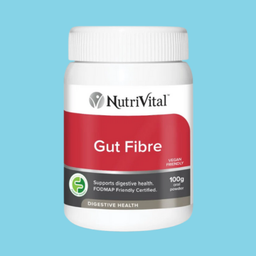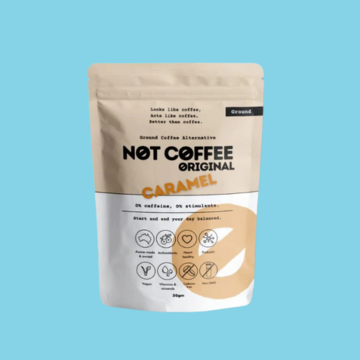Cleaning without chemicals is not only possible, it’s just as effective – plus, you’ll breathe cleaner indoor air, and protect your family from toxic ingredients.
Did you know that conventional chemical-based cleaning products are one of the most frequent reasons for calls to poisoning centres? Non-green, conventional ingredients can also contain volatile organic compounds (VOCs), which evaporate from products, filling your home with fumes. These VOCs have been shown to cause skin, eye, nose, throat and lung irritation, along with asthma attacks, headaches and dizziness; they also expose us to chemicals like glycol ethers, which are linked to cancer and impaired fertility. Phthalates in synthetic fragrances are another concern. Regular home use of spray cleaners and air fresheners containing phthalates has been associated with a 30-50 per cent higher risk of asthma.
Natural cleaning products however are safer for us and for the environment. Using natural cleaning ingredients protects our drinking water as well as plants and wildlife, since conventional cleaners have ingredients that cause harm during their production, use and disposal.
To help you on your way to greener cleaning, we’ve compiled some simple tips and recipes to get you started.
Tip 1 – Make the Swap
As you use up a conventional chemical-based cleaner, simply replace it with a greener, cleaner formula – or try making your own cleaners at home: it’s inexpensive and you know exactly what has gone into them.
Tip 2 – Stock Up on These Staples
- Bicarbonate of soda – This is great for when you need a mild abrasive. It’s made of sodium bicarbonate, a slightly alkaline substance which cleans by forming a mild detergent when it reacts with grease and grime.
- Lemon juice – Squeeze a lemon for a milder and much better-smelling substitute for bleach. It’s also helpful for countering mould growth, deodorising and removing stains.
- White vinegar – This is a really good substitute for toilet cleaners. You can also use to remove hard water deposits and mould or stains in grouting.
- Tea tree and eucalyptus oils – Use these powerful natural disinfectants to finish off after washing or wiping down surfaces.
- Salt – This is great for scouring saucepans and barbecue utensils, acting as both a mild abrasive and a disinfectant.
Tip 3 – Try These DIY Cleaning Recipes
Soft Scrub – A simple all-natural cleaner perfect for sinks, oven doors, and stovetops.
Eucalyptus Disinfectant – Perfect for keeping bathrooms smelling sweet, or for freshening up a sickroom.
Vinegar Floor Cleaner – Great for tiles and safe for wooden floors.
Natural Toilet Bowl Cleaner – Works well even on old stains and discolouration.

